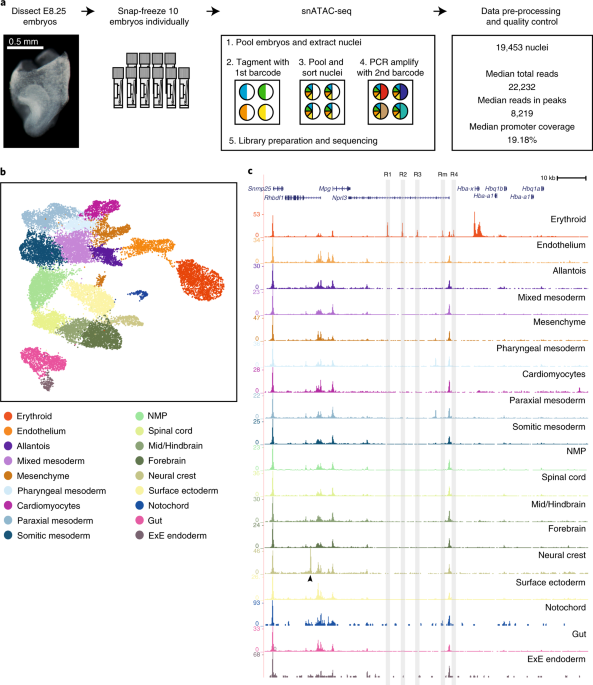
- Select a language for the TTS:
- UK English Female
- UK English Male
- US English Female
- US English Male
- Australian Female
- Australian Male
- Language selected: (auto detect) - EN
Play all audios:
The Biblical tale of Jephtha is taken from Judges 11 and 12, and the nub of the story is that Jephtha is recalled from exile to defend the Israelites against the Ammonites. He is promised
the role of permanent chieftain if he succeeds, and in order to ensure victory promises God he will sacrifice the first thing he sees on his return, which turns out to be his own loving
daughter. Since Mosaic law did not permit human sacrifice, this story presents a problem from which Jewish and Christian scholars found a way out by analysing the translation of the original
Hebrew. Did Jephtha say that whoever he first encountered on his return ‘I will offer it up _as_ a burnt offering’, or ‘I will offer it up (to God) _or_ as a burnt offering’? This
alternative is what informs the Latin play by the 16th century Scottish humanist George Buchanan on which Handel’s libretto is based. It was written by the Revd Thomas Morell, and introduced
an angel (a boy soprano) to the story. It also took the names of Jephtha’s wife and daughter (Storgé and Iphis) from Buchanan’s play, the name Iphis being a clear allusion to the Greek
story of Iphigenia. Her father Agamemnon is willing to sacrifice her for a fair wind to take him to the battle at Troy, and Storgé is portrayed as being utterly outraged, like Agamemnon’s
wife Klytemnestra. What inspired Handel was not Jephtha’s sins but his suffering; as a mighty man of valour he unthinkingly destroys the emotional dimension of his life in the interests of a
victory that he thinks will cleanse him of his unworthy origins as the son of a harlot. He cannot however escape fate, and right from the opening words —“It must be so” — this work is
about total subservience to our destiny. As an oratorio this does not need staging, but at the time of its composition an opera had a very particular structure, which didn’t suit the
material in the way Handel wanted. It is however more dramatic than many of his operas, embracing several styles in one composition, and there is no transitional music between scenes, which
is quite liberating. In staging it the director of the Royal Opera, Oliver Mears exhibits the dichotomy between dark puritanism and rumbustiousness in costumes of Handel’s time. Although Act
I seemed to drag, Acts II and III, run together with no interval, sailed by and the whole thing came very much to life. The appearance of the angel was accompanied by lighting in the
auditorium picking out the angels on the sides of the balconies, a nice touch. When Handel began composing _Jephtha_ he was 66 and it was early 1751. He usually finished such things with
despatch, but had to take a break when his left eye became seriously weakened (just as he reached the setting of the words “all hid from mortal sight”), so the new work was not ready on
time. The public however was none the wiser because the season was curtailed when the Prince of Wales — eldest son of George II, and father of George III — died, and it premiered very
successfully in 1752. The composer was at the top of his game in his portrayal of the characters, and the music is notable for its emotional intensity, directness and restraint. The daughter
Iphis is characterised in music representing her as the epitome of faith, duty and resignation, and the aria “Waft her, angels, through the skies” became a calling card for the whole drama.
The chorus sang beautifully, and the soloists were all excellent. The numerous recitatives capture the anguish of the characters, and Jephtha’s torment came out strongly with Allan Clayton
magnificent in this title role, exhibiting the meaning behind the text and showing remarkable breath control. Jennifer France sang sweetly as Iphis, with a very strong counter-tenor, Cameron
Shahbazi, as the young man Hamor she hopes to marry. Brindley Sherratt was his normal fine bass presence as Jephtha’s half-brother Zebul, who sets the drama in motion by proposing that
Jephtha be released from exile to lead them all in a great rebellion, and Alice Coote provided luxury casting as their mother Storgé. There were times when the chorus seemed slightly out of
phase with the orchestra, directed from the harpsichord by Laurence Cummings, but overall this was a great success. In the end Iphis is saved from sacrifice to dedicate her life to God and
forego her marriage, but an unexpected twist in this production gives a different ending. A MESSAGE FROM THEARTICLE _We are the only publication that’s committed to covering every angle. We
have an important contribution to make, one that’s needed now more than ever, and we need your help to continue publishing throughout these hard economic times. So please, make a donation._








